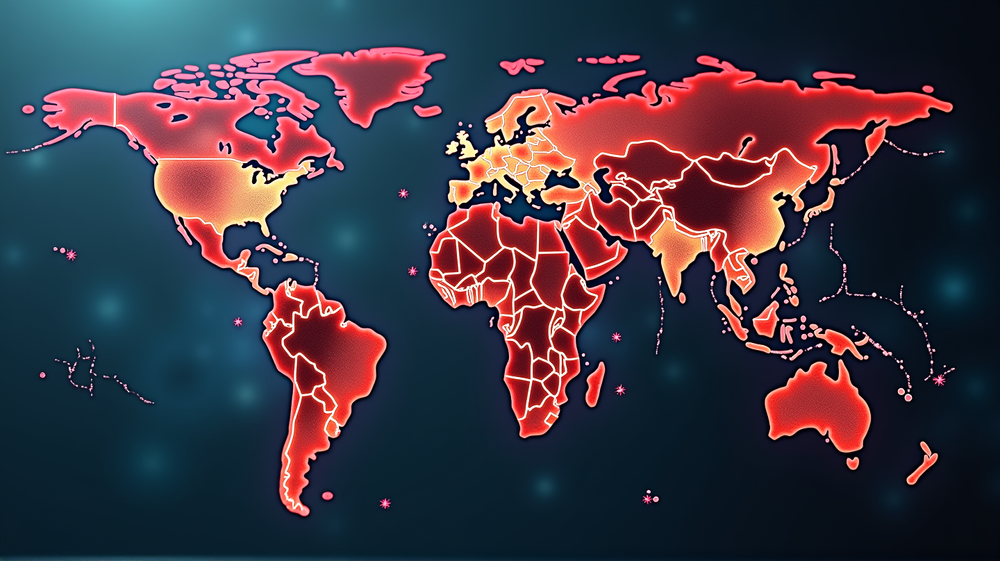A Persistent Global Threat
In the ongoing saga of global health, the SARS-CoV-2 virus holds a pivotal role. Despite a noted decrease in mortality and hospitalization rates, COVID-19 remains a stark reminder of the intricate web of viral threats the world faces. Its unyielding presence, especially among seniors and those with weakened immune systems, underscores its place in the 2024–2025 viral assemblage.
From Contagion to Combat
The spread of COVID-19, characterized by shifting dynamics and evolving strains, has captured the attention of researchers and public health officials worldwide. The adaptive nature of SARS-CoV-2 has resulted in the meticulous monitoring of emerging variants. According to Infection Control Today, these efforts remain crucial as new strains may have varying implications on vaccine efficacy and transmission rates.
Understanding ‘Long COVID’
The long shadow of the pandemic manifests in “long COVID,” a condition that prolongs recovery and manifests a slew of symptoms post-infection. Though research continues, understanding this phenomenon requires robust support and sustainable healthcare strategies to mitigate its impact on global populations.
Monitoring Zoonotic Transmissions
Another layer of complexity in the COVID-19 narrative is the potential for zoonotic transmissions, such as the emergence of HKU5-CoV2. These animal-to-human transmission threats necessitate a multidimensional approach, blending epidemiology with veterinary science to safeguard against novel outbreaks.
Future Directions and Community Resilience
Community resilience is a crucial factor in managing the continued presence of COVID-19. Public health strategies focusing on vaccination, education, and collaboration between international health bodies remain instrumental in navigating the future landscape of the pandemic.
Vigilance in Testing and Vaccination
As national borders adapt and reformulate their public health stances, testing and vaccination campaigns stand as bulwarks against the virus’s spread. Continued public cooperation is essential to sustain momentum in safeguarding communities worldwide.
As the world adapts to living with COVID-19, maintaining vigilance in monitoring, vaccination, and public education becomes ever more pivotal in ensuring that society can turn the tide on the formidable pandemic player. According to Infection Control Today, the journey of combating COVID-19 is far from over, and the lessons learned continue to shape resilient health systems globally.













